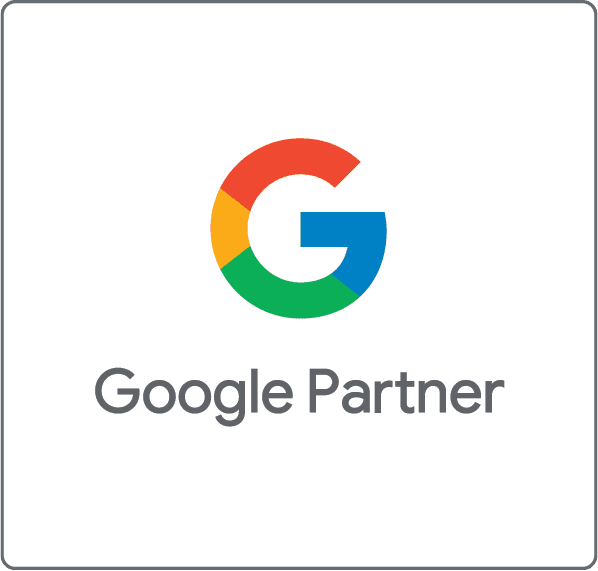Healthcare Digital Marketing: What You Need to Know
Healthcare is a crucial industry that touches millions of lives every day. With the increasing use of technology in the healthcare sector, digital marketing has become an essential aspect of healthcare marketing. Healthcare digital marketing involves the use of digital channels such as social media, websites, blogs, email, mobile apps and search engines to reach and engage with patients, providers and other stakeholders in the healthcare sector.
In this article, we will discuss the importance of healthcare digital marketing, the key components of a successful digital marketing strategy and how healthcare providers can use digital marketing to boost their patient engagement, reputation and revenue.
Why Healthcare Digital Marketing Matters
As healthcare becomes more consumer-oriented, patients are increasingly turning to online channels to learn about healthcare services and providers. According to a recent study, 80% of patients search for healthcare information online before seeking medical attention. This means that healthcare providers need to have a robust online presence to attract and retain patients.
Digital marketing provides a cost-effective way to reach a large audience and promote healthcare services. By leveraging digital channels, healthcare providers can engage with patients throughout the patient journey – from awareness to consideration and ultimately, conversion.
Components of a Successful Healthcare Digital Marketing Strategy
A successful healthcare digital marketing strategy should incorporate the following components:
1. Website Design and Development
A healthcare provider’s website is the foundation of their digital marketing efforts. A high-quality website should be informative, easy to navigate and visually appealing. It should also be mobile-friendly to cater to patients who access healthcare information on their smartphones and tablets.
2. Content Marketing
Content marketing is a powerful tool for educating patients and building brand awareness. Relevant and engaging content such as blogs, videos, infographics and social media posts can help healthcare providers establish themselves as thought leaders and build trust with patients.
3. Search Engine Optimization (SEO)
SEO involves optimizing a website to rank higher in search engine results. This can be done through keyword optimization, link building, meta descriptions, and title tags. By improving a healthcare provider’s search ranking, they can attract more organic traffic to their website and improve their online visibility.
4. Social Media Marketing
Social media provides a platform for healthcare providers to engage with patients and build relationships. Social media platforms such as Facebook, Twitter and LinkedIn can be used to share content, provide patient support and gather feedback.
5. Email Marketing
Email marketing is an effective way to nurture patient relationships and keep them informed about healthcare services. Email campaigns can be used to announce new services, remind patients about appointments and offer promotions.
Conclusion
Healthcare digital marketing is an essential component of modern healthcare marketing. By leveraging digital channels such as social media, websites, blogs, email and search engines, healthcare providers can reach and engage with patients, establish themselves as thought leaders and build a robust online presence.
To succeed in healthcare digital marketing, providers need to have a comprehensive digital marketing strategy that incorporates website design and development, content marketing, SEO, social media marketing, and email marketing. By investing in digital marketing, healthcare providers can boost their patient engagement, reputation and revenue.























